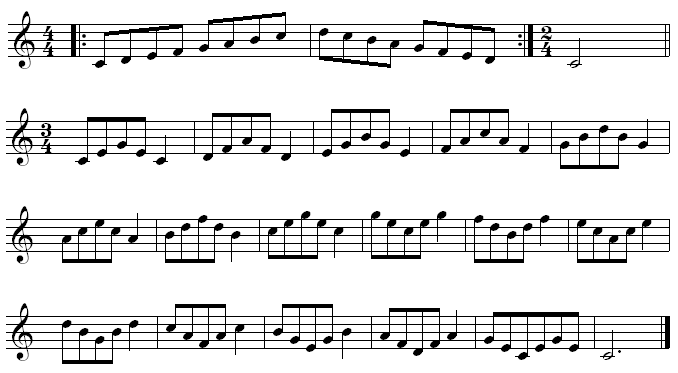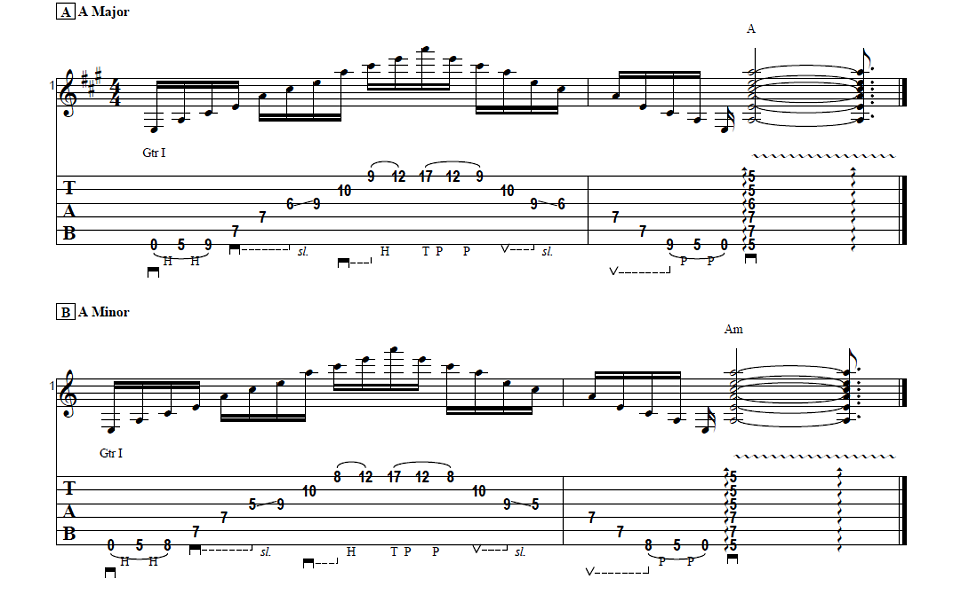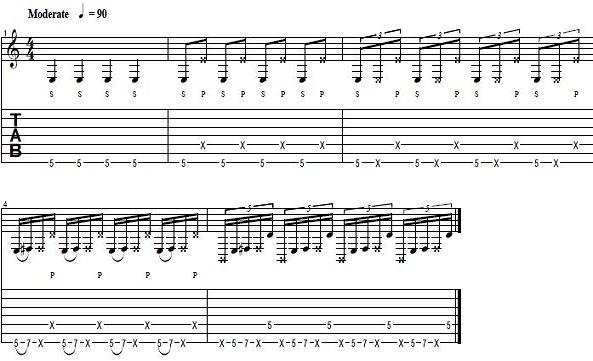After years of playing and teaching guitar, I have noticed some common problems that plague beginning guitar players. These problems can be addressed with some basic beginner guitar tips that should apply to every guitar player just getting started.
Beginner Guitar Tips
The first tip is simple. Get the best guitar you can afford. It doesn’t have to be super expensive, but if you can only afford a cheap guitar, save until you can at least afford on in the $400 to $600 range. That may sound like a lot of money, but you can get a fairly decent guitar for this price, and believe me, it will pay dividends when you’re trying to learn. I can’t tell you the number of beginners I’ve seen give up within a short time because they bought a low quality guitar and that was in such poor condition it was impossible to play. A cheap guitar is like setting yourself up for failure.
Learn the basics of caring for your instrument. This may seem like the most basic of beginner guitar tips, but you’d be surprised how many beginning guitar players don’t know how to tune their guitar without a tuner or even how to change their strings. These are basics every guitar player should master right away.
One word, chords. Learn them from the start, whether you get a chord book, use a website, or put an app on your tablet or phone, make a point of learning as many chords as you can. They are fundamental to guitar playing. Start with first position open chords and barre chords and learn one or two a week. Later on you can work on advanced chords like ninth, eleventh, and thirteenth chords.
Check out this VIDEO GUITAR LESSON ON BASIC CHORDS
Play scales, but don’t always splay them in scale order. Play them all over the neck. Mix positions. Focus more on exercises that incorporate scales. Playing scales by rote can put you in a slump and can actually stagnate your ability to play. Check out the major scale exercise below for an example of what to play. This particular exercise has you playing arpeggios in C major. Also, learn the positions of the major scale, as well as minor, pentatonic, and blues scales on your fretboard. This is a good way to create a road map that will teach you the notes on your guitar.
Don’t neglect hand. This is one of the best beginner guitar tips I can give to you. Playing guitar takes both hands. You find the notes with one hand and play them with the other, which means focusing not only on where the notes and chords are, but how to strum and pick as well. There are plenty of exercises you can grab online, as well as free video lessons, that teach picking and strumming. Check out the picking exercise below for a good example of what to focus on while you’re playing scale exercises.
These beginner tips are enough to set you on a successful course. The only other beginning guitar tip I can offer that I feel is important is to tell you to practice. You’re only going to get as good as the time you’re willing to put into it.
If learning chords and songs on guitar is your goal, I recommend you to check out these courses:





